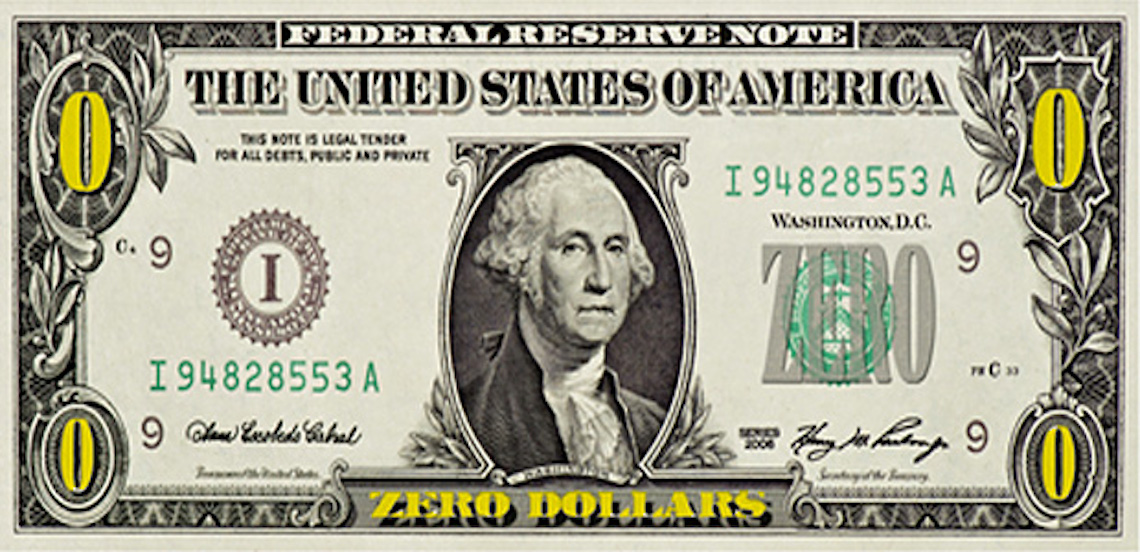Free overtime is not free.
Protecting the value of work should be a top priority for everyone.
In May of this year the U.S. Labor Department issued a rule that increased the number of workers eligible for mandatory overtime pay. Last month, just before the rule was to come into effect, a Federal judge granted a motion for a nationwide injunction to a coalition of business groups. I find it unsurprising and most of all unfortunate, because overtime isn’t just about fair pay. In a high-value service industry like advertising overtime is also about perceived value, accountability and incentives.
At the beginning of my career in advertising, when dinosaurs still roamed the planet, I had a job where I was paid overtime. To be clear, not all overtime was paid. When I was given a task it came with a delivery deadline and a certain amount hours I could use to complete it. If I spilled coffee on the artwork I was producing and had to start from scratch the rework was on my own time.
My salary reflected my lack of experience and I was more than happy for extra revenue but without authorization from a superior overtime wasn’t paid. The person managing the account had to get prior authorization from the client to bill extra time and if the overtime occurred between 8pm and 6 am there was an increase in the hourly rate, for the worker and the client. The client faced with an overtime request had to decide if the urgency of the work justified the extra cost. When a project was heavily modified during development by a client either the delivery date was moved or the cost went up. Client approved overtime was extra revenue for the agency and an extra cost for clients. Sometimes overtime couldn’t be billed to a client, as it was an extra cost it was the object of close scrutiny by management who needed to keep non-billable paid overtime to a minimum. This system gave clients and agency managers the incentive to be careful planners, running a tight ship that planned and billed hours with precision.
This is the crucial aspect of paid overtime. When overtime generates a cost that needs to be authorized, the process of authorization is a frequent reminder of the value of work.
Today, without unlimited, free overtime many agencies wouldn’t be profitable. I understand that from an accounting and planning perspective fixed salaries are much more convenient than salaries that vary with overtime but they allow for sloppy management and lead to the devaluation of work, by clients and by agencies. Paying staff a capped limit of 40 hours a week and billing clients the 50 or 60 actually worked means agencies have an incentive to push staff to do as much overtime as possible. It’s also a system that contributes to unemployment because two people working a 60 hour week are the same as three people working a 40 hour week.
Giving a tangible value to every hour worked is the ethical thing to do for workers, for society and the intelligent thing to do to protect the perceived value of work a company provides though it’s workforce. Sadly, individual private business can’t change a deregulated system and it seems the President of the United States isn’t up to the task either.





